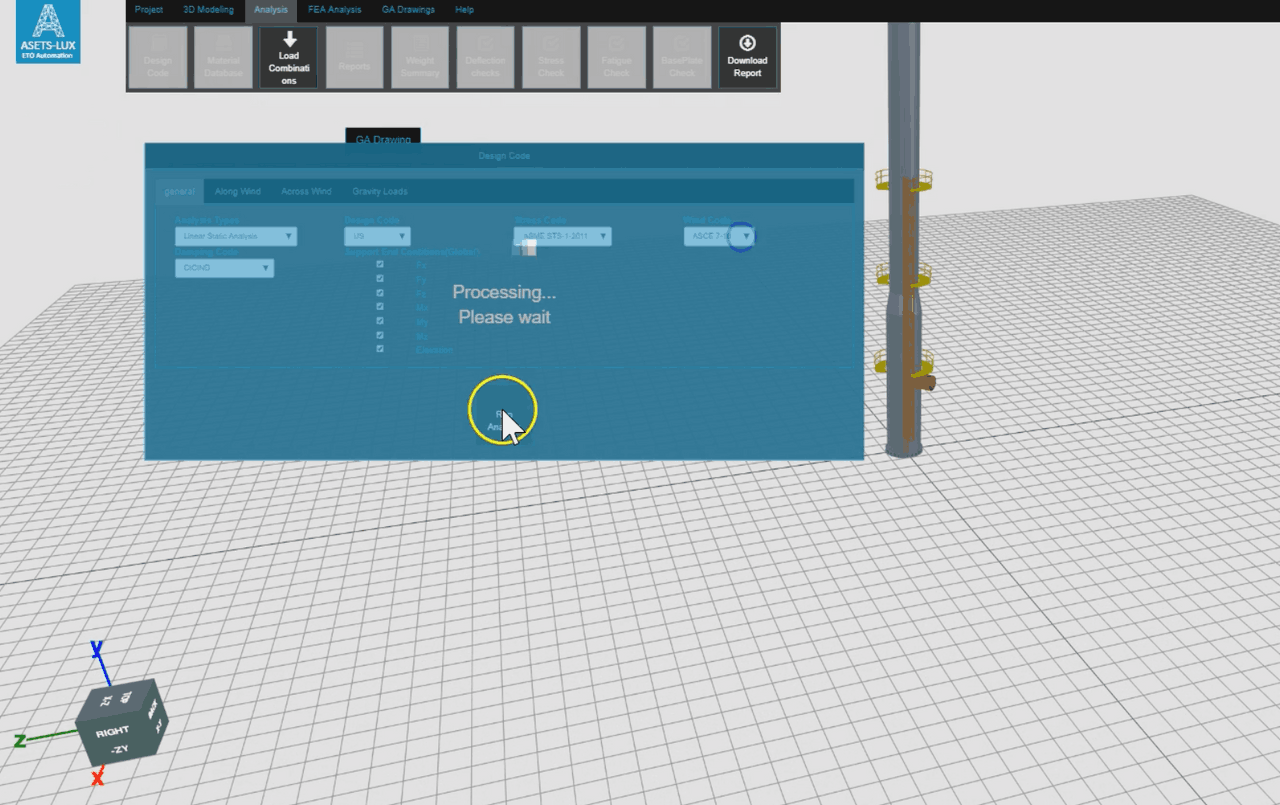“Up until yesterday we were screaming our lungs out, saying, ‘Use our product to do it faster!’ Time was relative: what was fast to you may not have been fast to me. But today that competition has gone out the window because, whether you do it or I do it, we’re both going to lose. We’re both going to die in climate change.”
So says Ashwini Oke, founder and CEO of Asets-Lux, a Luxembourgish startup that helps firms in the engineering, procurement and construction (EPC) sector accelerate their activities. Oke and her team have created something called an Integrated Design Suite™--the world’s first, she says--which gathers together all the disciplines involved in an engineering project onto one platform in the cloud.
“Imagine I give you a technology that converts kitchen waste oil into aviation fuel,” Oke explains. “That’s a technology. Kudos to that. But taking it and putting it into execution is a tremendous amount of engineering.” The average project in the EPC sector takes two years to implement, according to Oke, herself a trained and experienced engineer. The IDS platform, she estimates, cuts that time down by 40%.
Boldly, Oke makes an analogy between the IDS platform and the invention of motor cars: “At one time, people went from point A to point B on horses and just weren’t willing to use cars. The need to reach your destination was satisfied with horses… until the user realised that if they got there faster, they could do something else with their remaining time.”
Changing the habits of others
When asked what Asets-Lux’s biggest hurdle is, Oke quickly names change management. “Our biggest challenge in the energy sector are the entrenched, monopolised products that have consistently been used for the past 30 years.”
One of her approaches on that front has been via education (). As part of the startup, which is still in its early stages, Oke has launched a postgraduate course on the EPC sector at an Indian university. It’s the first such programme in India, aiming specifically to teach students about the energy market, its ecosystem, and the entities involved in it. “We let the students become our pioneers,” she says.
This article first appeared in the .
